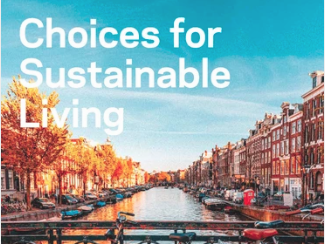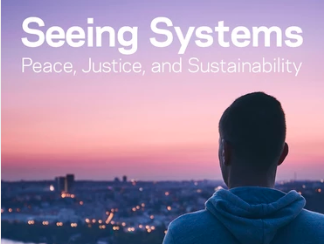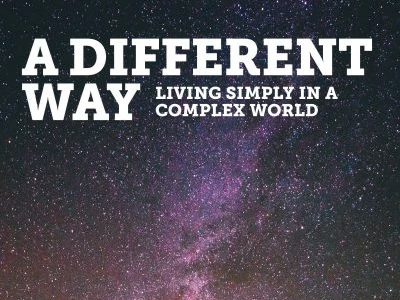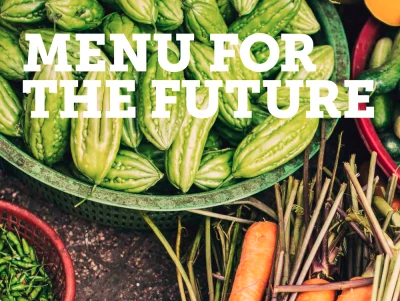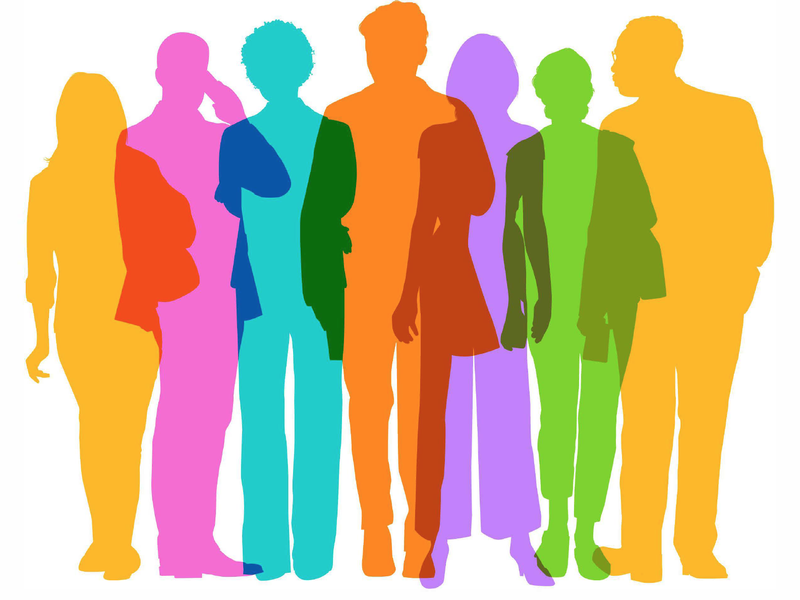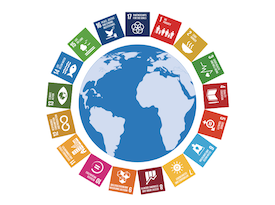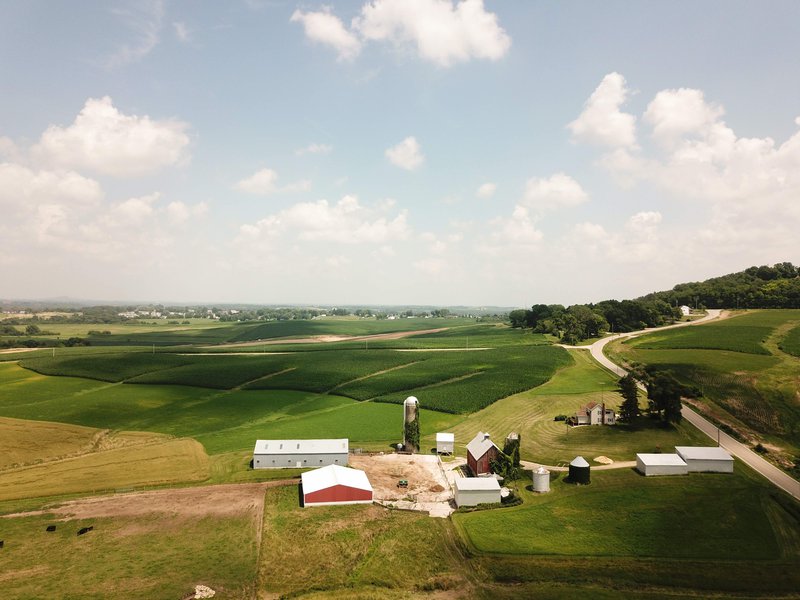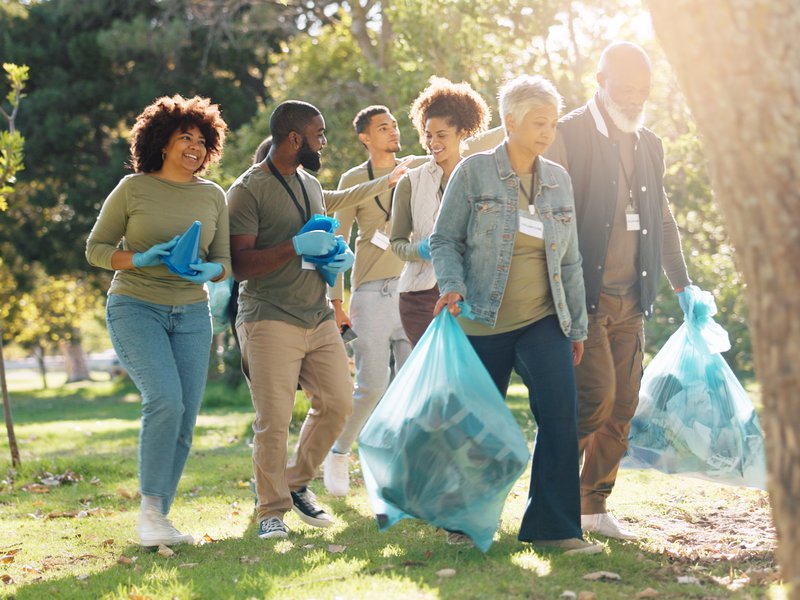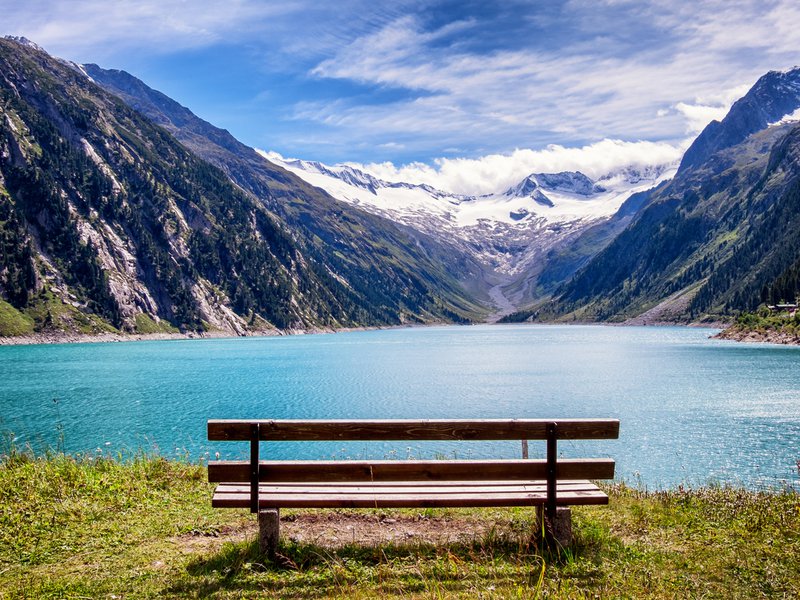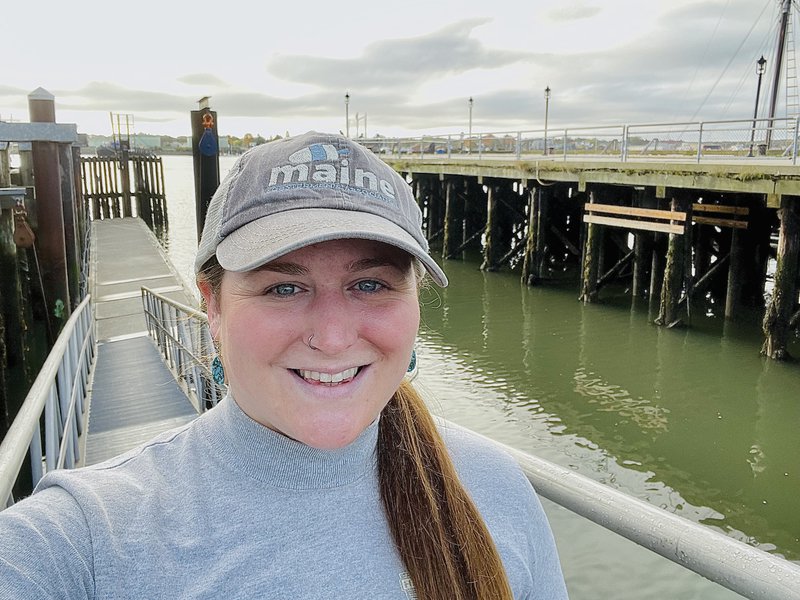

Well-Being and Justice: The Foundation of a Sustainable Future
Sustainability isn’t just about protecting the environment—it’s also about ensuring that people and communities have access to the resources and opportunities they need to thrive. We cannot build a better world if individuals don’t have access to the essential resources they need to care for themselves and their families. That’s why this week’s blog highlights two Earth Month Ecochallenge categories: Community and Connection and Health and Well-Being—because a truly sustainable future must work for both people and the planet. And, to take care of the planet, we must take care of ourselves and each other.
The One Health Approach: Connecting Social and Environmental Justice
Environmental justice and social justice are interconnected, yet are often discussed and addressed separately. Low-income and marginalized communities often bear the brunt of environmental problems, from air and water pollution to the impacts of climate change. At the same time, systemic disparities in access to transportation, healthcare, nutritious food, and safe housing make it harder for people in these communities to engage in sustainability efforts.
The concept of One Health can help us explore the reality that the health of people, the environment, and animals is not just connected, but fundamentally dependent on one another. For example, when ecosystems are polluted, biodiversity declines, which can impact agriculture. Intensifying storms fueled by climate change disrupt communities, with the greatest impacts on those with fewer resources to adapt. Poor air quality contributes to respiratory diseases, deforestation threatens water security and leads to urban heat islands, and climate change increases the spread of infectious diseases that cross between animals and people.
A One Health approach means addressing environmental and social issues together—ensuring that solutions not only protect the planet but also promote public health and equity. By collaborating with communities (not simply making decisions for them) to restore local ecosystems, improve access to resources, and reduce pollution, we can improve health outcomes and create more resilient families, schools, workplaces, and neighborhoods. To do this, we must reconnect with each other, advocate for equitable participation in decision-making, and amplify voices that systemically go unheard.
One Health in Action: Real-World Solutions
By recognizing that environmental and social justice go hand in hand, we advocate for solutions that address both simultaneously. A healthy environment isn’t just about preserving nature or saving wildlife—it’s about ensuring that everyone, regardless of background, has access to healthy air, water, and land. Here are a few One Health initiatives that are already making a difference around the world:
- Water, Sanitation, and Hygiene Programs: Organizations like WaterAid integrate environmental sustainability with public health by improving access to clean water and sanitation. These programs reduce waterborne illnesses, enhance gender equity, and strengthen community resilience.
Agroecology and Indigenous Food Sovereignty: Many Indigenous communities worldwide practice agroecology, a farming approach that enhances biodiversity, restores soil health, and improves food security. Groups like the Native American Food Sovereignty Alliance advocate for food systems supporting human and environmental health. - Wildlife Crossings: To protect endangered animals like wolves and panthers, municipalities are constructing wildlife crossings along highways. These crossings reduce vehicle collisions with animals, protecting wildlife and people from serious accidents. These initiatives highlight the importance of infrastructure that preserves biodiversity for ecological health while also prioritizing human safety.
Read more about One Health Initiatives worldwide at https://www.ecohealthalliance.org/.
Your Role in Building a Thriving Future for All
Earth Day isn’t just about nature - it’s about people, too, since we are part of nature. When you select actions in the Community and Connection and Health and Well-Being categories in this year’s Earth Month Ecochallenge, you recognize that to care for the Earth’s resources and wildlife, we need to take action for ourselves and each other.
- Step outside your comfort zone: Choose an action that pushes you to think about sustainability or justice in a new way, whether you engage with a community-led environmental effort or have a discussion with someone different from you.
- Take a closer look at the places you spend time: What aspects of your community could be improved to lead to healthier people, animals, and communities? Share your thoughts on the Ecochallenge feed.
Building strong, connected, healthy communities lays the foundation for a more just and sustainable future—for the people, animals, and nature.
Consider making a donation to Ecochallenge.org
Whether it's for Earth Month or your yearly giving plan, considering supporting Ecochallenge.org. Donations go directly to keeping our public Ecochallenges free and open to the public.

